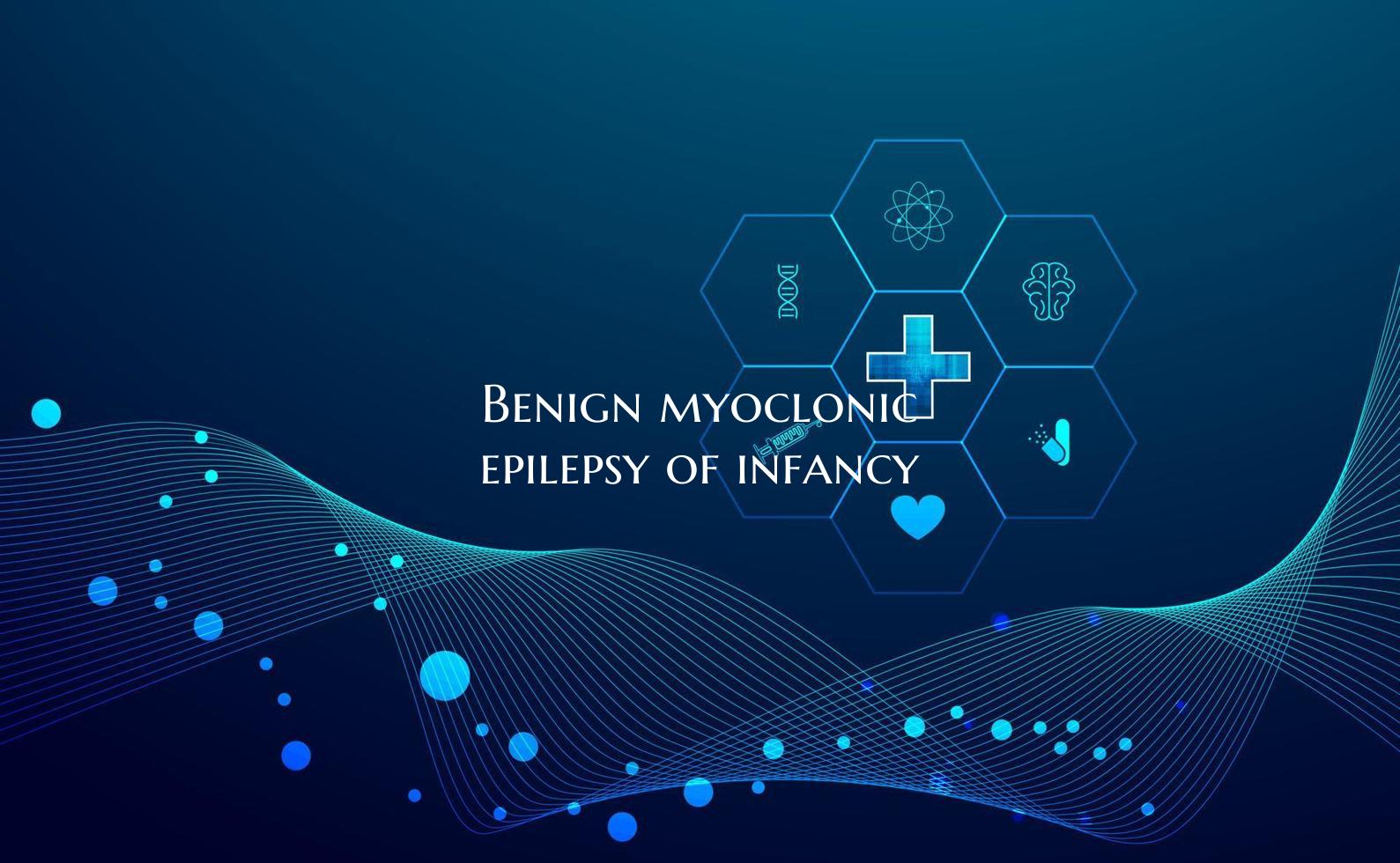
Benign myoclonic epilepsy of infancy
Benign myoclonic epilepsy of infancy, also known as Kojewnikoff syndrome, is a rare form of epilepsy that typically presents in infancy or early childhood. This condition is characterized by episodes of myoclonic jerks, which are sudden, brief involuntary muscle spasms that can affect various parts of the body. These myoclonic jerks usually occur in clusters and are typically not associated with loss of consciousness.
Children with benign myoclonic epilepsy of infancy may experience these episodes upon waking up or falling asleep, as well as during periods of increased emotion or stress. While the exact cause of this condition is not well understood, it is believed to have a genetic component, with some cases being linked to specific gene mutations.
Fortunately, benign myoclonic epilepsy of infancy is considered a relatively benign form of epilepsy, with most children outgrowing the condition by adolescence. Treatment options may include anti-seizure medications to help control the myoclonic jerks and ensure the child's safety and quality of life.
It is important for parents and caregivers of children with benign myoclonic epilepsy of infancy to work closely with healthcare professionals to monitor and manage the condition effectively. By understanding the unique characteristics and challenges associated with this form of epilepsy, families can provide the necessary support and care to help their child thrive.